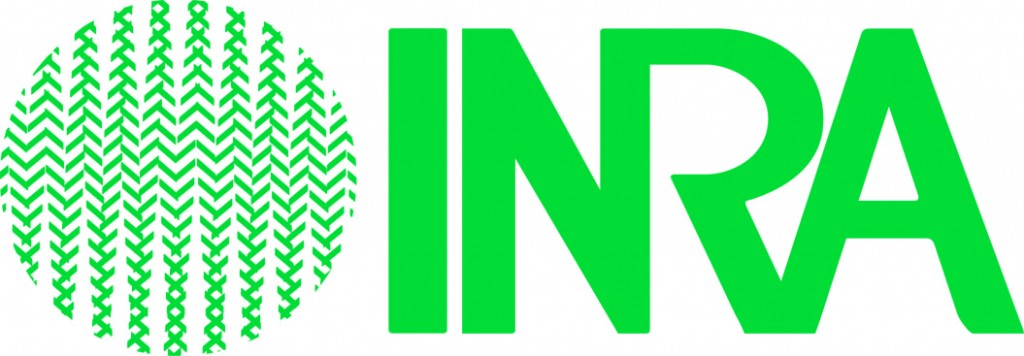INRA
INSTITUT NATIONAL DE LA RECHERCHE AGRONOMIQUE

The French National Institute for Agricultural Research (INRA), Europe’s top-ranking agricultural research institute, has internationally recognised experience in many disciplines related to plant and pest biology, agronomy and ecology as well as economic and social sciences. Over the last two decades, INRA has been involved in major EU and National research projects related to the environmental risk assessment of GMOs cultivation. Specific competences have been developed on crop-pest and gene flow modelling at the landscape level: spatially-explicit models help quantify the effects of cropping systems and of plant characteristics on gene flow and environmental impacts of GMOs.
Eco-Innov Unit (Grignon)
Eco-Innov coordinates methodological research on assessing ecological impacts of innovation in plant production, including impacts of GMOs in Plant Production and design of integrated cropping systems less dependent on pesticides.
Role
Within AMIGA, Eco-Innov coordinates the overall INRA contribution, acts as a deputy coordinator, leads WP7 on Post-Marketing Environmental Monitoring and also contributes to WP2 (survey in non-GM agro-ecosystems), WP3 (task force on the AMIGA database) and WP9 (statistical procedures for PMEM).
Staff members’ profile
Dr. Antoine Messéan, Head of Eco-innov, is an agronomist and has a PhD in Statistics. He has coordinated the FP6 SIGMEA project on “GMOs and Agriculture”, is a member of the Panel on Risk Assessment of Genetically Modified Organisms at the European Food Safety Authority (EFSA) and has contributed to the elaboration of the updated ERA guidance document of EFSA.
Agroecology Joint Research Unit (Dijon)
Agroécologie is a multi-disciplinary unit with scientists from INRA, University of Burgundy and AgroSup Dijon working on biological interactions and regulations in communities in order to design sustainable agricultural systems. The team participating in AMIGA is specialised in modelling cropping system effects on the dynamics and genetics of weeds and various associated biotic components to help assess and design innovative cropping systems.
Role
Within WP7, Agroécologie leads the development of exposure models to assess the impacts of GM maize varieties and associated changes in agricultural practices on biodiversity (e.g. species shifts in weed communities, selection of herbicide-resistant weed populations, food availability for predators and pollinators).
Staff members’ profile
The Dijon team is coordinated by Dr Nathalie Colbach, senior scientist in agronomy and modelling. The team also includes Sébastien Guyot, agronomist and computer scientist, who will carry out out programming and simulations, as well as Henri Darmency, senior scientist in plant population biologist who will provide on weed ecology.
